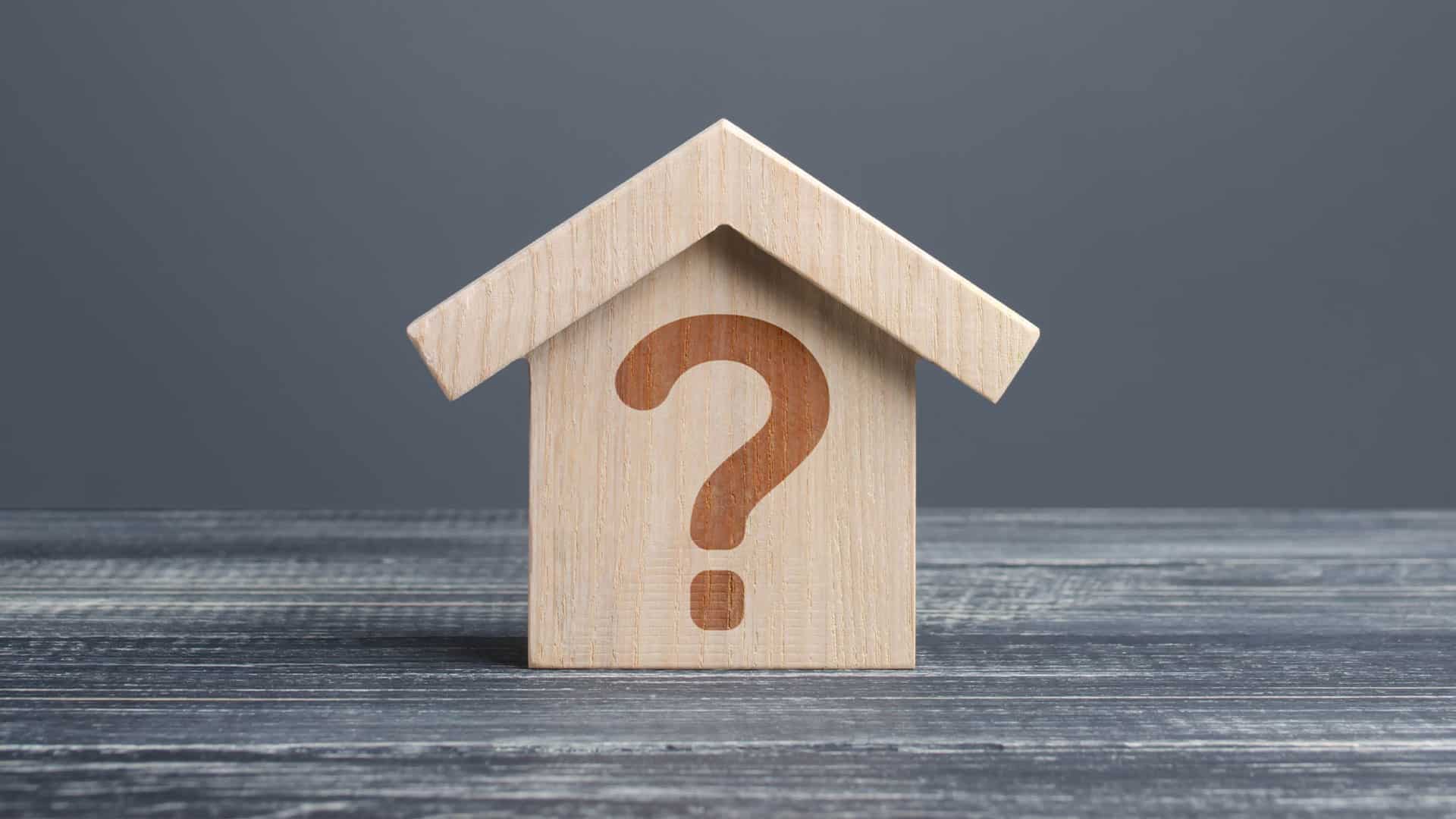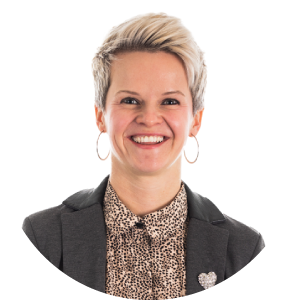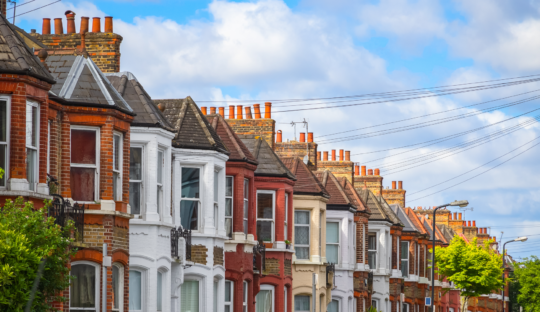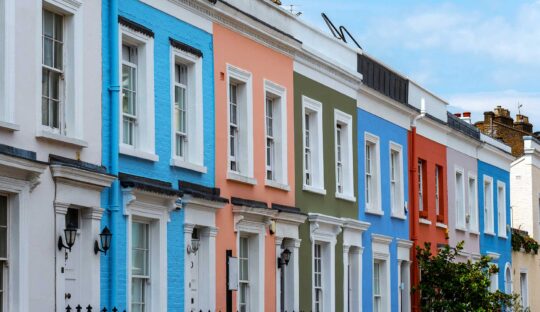In this article
If you do not have enough money to buy a new property with cash, you will need to ask the bank for a loan, this loan is called a mortgage.
The terms of your mortgage will be set out when you apply, you agree an interest rate and how many years you will repay your loan back over. Typically, mortgages are available up to 40 years, the longer term you choose the more interest you will pay over the duration of the loan.
The bank will ensure your mortgage is secured against your property, meaning that if you do not pay back what you owe, they have the power to repossess your property, i.e., take it back from you and sell it to get their money back.
What is a Mortgage?
Explained in 52 seconds
Find more videos like this on MoneymanTV
Do you need a deposit for a mortgage?
Typically, you will need a deposit to get a mortgage on a property. The bank will not take all the risk associated with your purchase.
The bigger the deposit the better, a first time buyer will have usually a 5% to 10% deposit either saved up or from a family member as a gift, then they are able to apply for a 95% or 90% mortgage to raise enough funds to buy the property.
An exception to this is a right to buy, where you are buying for a discounted price off the council.
Mortgages come with features such as the ability to overpay by a certain amount per month although the terms and conditions will vary lender to lender. If you can afford to do so, making overpayments on your mortgage can save you thousands of pounds in interest over the term of the loan and will allow you to pay it off in a fewer number of years.
It is always best to speak to a mortgage broker to know your options ahead of viewing properties so that you know your budget and whether you qualify.
How to get a mortgage?
To get a mortgage, using the services of an independent mortgage broker will ensure you are getting the best product and deal for your personal situation. Once you have spoken to a broker, you will receive a mortgage agreement in principle document which you will need to back up any offers you make with estate agents.
You will have to meet the affordability checks of your lender, meet their lending criteria, and pass a full credit check. Your lender reserves the right to complete a full credit check on you anytime throughout the mortgage process right up until completion.
Often, a purchase can take six plus months to complete, and a lot of time has passed since the lender did their initial searches, they may check your situation again. Applying for new credit in this period such as a new car loan, a sofa on HP, or store card could result in your mortgage offer being withdrawn.
As part of the mortgage application process, you will need to produce documentation to support your income, examples include bank statements, pay slips, and P60 or tax calculations etc.
Anti-money laundering checks will be done during the process also, this is to check that you are who you say you are and that any deposit money that you have saved up is legitimate and not from the proceeds of crime.
Your lender will also request that a valuation is carried out on the property to ensure that it is worth what you are paying for it, depending on the valuation comments, additional surveys may be requested. Examples of these include a more in-depth electrical check, roof survey or anything else.
If you are looking for a new property soon, you can start by getting yourself ‘mortgage ready’. Getting organised with your documents such as ID, bank statements, proof of deposit, evidence or earnings etc. will help speed up the process when you find somewhere that you would like to go for.
How long does it take to get a mortgage offer?
It will take on average 1 to 3 weeks to get a mortgage offer from your lender, some it can be in a matter of days, some much longer if it is a more complicated situation. Once your mortgage offer has been issued, it will remain valid for approximately 6 months whilst the purchase completes. The legal side of the process takes longer, this is typically about 3 to 5 months for a new purchase. If more time is required, each lender has its own process in place for your offer to be extended.
You can speed up the process of getting a mortgage by being organised with your documents and replying to our requests quickly as and when the lender requests a new piece of information, examples include up to date bank statements and clarification on one of your transactions etc.
There are lots of mortgage types available such as:
Fixed rate mortgages – these mortgages are good for those that prefer peace of mind that their monthly payment will not increase for a set number of years as the interest rate is fixed at an agreed percentage. Typically, a fixed rate period runs between 2 to 5 years, after this, you will either secure a new fixed rate deal or move on to your lender’s standard variable rate.
Variable rate mortgages – the interest rate on a variable rate mortgage is set by the bank and will move up or down depending on the market conditions. These mortgages are considered riskier than a fixed rate but might work well for you in a period of rate reductions.
There are also specific mortgage types available such as:
- First time buyer mortgages – to help you buy a first home.
- Right to buy mortgages – for a customer buy a council house using the scheme.
- Age 50+ mortgages – designed to help our more mature customers with their mortgage needs.
- Bad credit mortgages – to help those with bad credit get on the property ladder.
- Debt consolidation mortgages – these can help those with credit cards and loans add the outstanding balances on to their mortgage.
- Many more…







